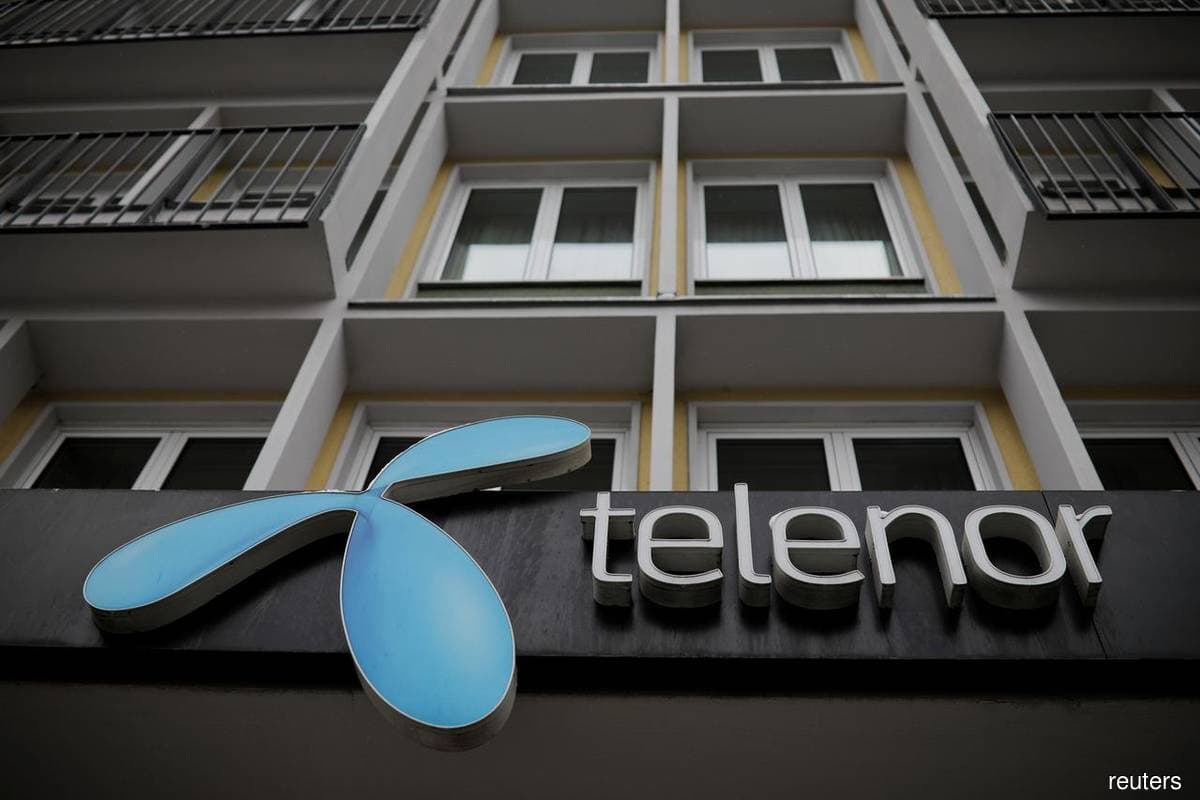
KUALA LUMPUR (Jan 21): Following the disruption and changes to lifestyle catalysed by the Covid-19 pandemic, Telenor Group expects several trends to be prevalent in 2021, including technology-driven solutions to alleviate mental health maladies, green technology as well as society-as-a-service.
Head of Telenor Research Bjørn Taale Sandberg said the year 2020 was not only the most challenging of the century but also one of the most transformative, as the pandemic had forced the population to adapt to a new way of life.
"The pandemic has triggered us and nearly every industry around the globe to adapt at a rate once thought impossible.
"The past year has proved that digitalisation will be key to tackling major societal issues and to facilitate new ways of working and living in 2021," he said, during a media briefing earlier today entitled "Tech Trends 2021".
The first emerging trend he highlighted was utilising technology to address mental health issues, pointing out that Covid-19 has given rise to a growing percentage of people who feel isolated and lonely, triggering a host of new mental health concerns such as anxiety and depression.
Sandberg predicts that e-health actors will develop and roll out new sets of tools and services related to mental health, noting the use of augmented and virtual reality technology in holographic communication tools, as well as new-generation chatbots which are specifically designed to engage and help people with loneliness.
He said these personalised artificially intelligent "digital helpers" can respond to questions, initiate calls, offer entertainment and conduct enriching activities that enhance feelings of being connected.
Besides that, Telenor expects more climate-friendly actions by governments around the world, putting climate laws and plans into action.
"When the pandemic goes away, we will see a shift in attention back to the big challenge we all face as a species — climate change," said Sandberg.
He noted that cities around the world will implement artificial intelligence to optimise energy consumption in data centres and mobile base stations. It will also make renewable energy, such as wind power, more predictable and make cities smarter by optimising transport and predicting air quality.
Outside of the cities, autonomous modular robots will work in the fields, supporting farmers that struggle to find agricultural workers.
Another key trend in 2021, he said, is the greater implementation of more user-friendly cybersecurity solutions, as many have shifted to working from home, leveraging on digital solutions.
He said that those who do not maintain "strict digital hygiene" will experience a surge in what he termed "password panic" — that is when one cannot recall certain passwords to access their ever-increasing number of password-protected accounts.
"As employees waste precious time struggling to remember their login details, we expect to see greater implementation of user-friendly security solutions in 2021. Password managers across sectors or iris and fingerprint scanning solutions will be more common, ensuring efficiency, security, and one less pain point for workers," Sandberg said.
The departure of employees from office to working from home will also create new expectations among employees around increased flexibility to work remotely to enable a greater work-life balance.
Sandberg said people will also expect to find amenities that support and facilitate their digital work style wherever they go, marking the dawn of the society-as-a-service age.
He said coffee shops of today may turn into meeting rooms of tomorrow.
"In 2021, we expect many companies to provide employees with more flexibility to carry out their work outside the office walls. To ensure the necessary competence for the future way of work, managers will increase the upskilling of employees in cybersecurity, digital hygiene, and the use of digital tools and technologies," he said.
The fifth and final trend he discussed is the narrowing of the educational gap, noting that although the lockdowns have led to a wave of innovation and progress in digital learning, they have not done much in reducing the educational gap.
He pointed out that millions of children and young people who lack internet access suffered a loss of education in 2020, when schools were closed due to lockdowns.
There will be an escalating number of new and creative methods of remote, digital learning which will emerge, which will benefit those with network access, although those unconnected will lose ground.
"If this urgent issue is not properly addressed, both internationally and within nations, we risk significant setback and a widening educational gap in the coming years. In order to bridge this gap, the education sector and ICT actors must join forces, working together to ensure robust and faster networks, and to promote and support digital literacy for all," Sandberg said.